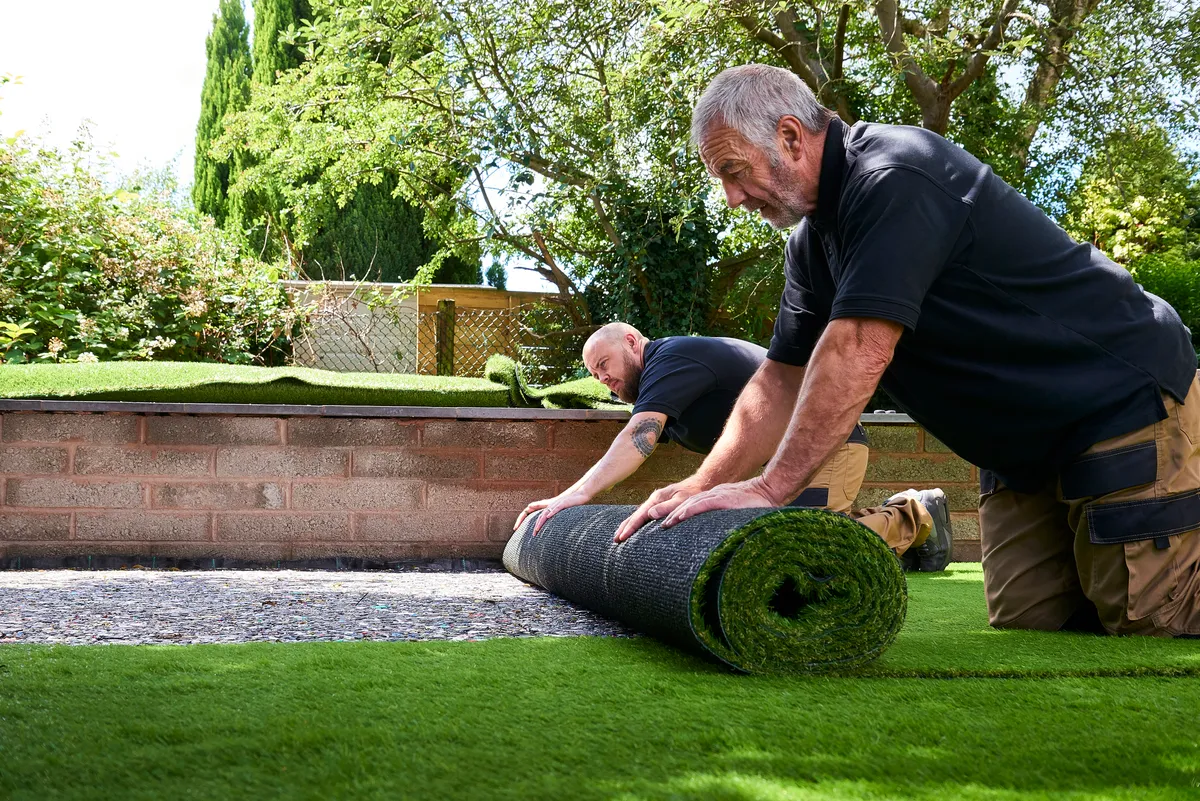Lawns occupy pride of place in many a traditional UK garden and many gardeners spend a great deal of time and money perfecting the bowling green sward. Green grass needs regular water that, in a normal year, it would receive from rainfall.
As our climate is changing, we’re experiencing less predictable weather patterns – too much rain followed by periods of drought. In the heatwave of July 2022, this was taken to extremes: a lack of rain coupled with record temperatures offers a huge challenge for lawn lovers.
Short, manicured areas of turf easily dry out under extended periods of intense sun and very quickly the grass bleaches and wilts. For many, the easiest solution is to turn on the hose and sprinkler system. But can such a massive use of water be justified in a climate crisis? And what if there is a hosepipe ban?
We’ve gathered advice from the Countryfile Magazine team plus a range of gardeners and wildlife experts to provide advice on how to protect and even enhance your lawn during periods of hot weather.
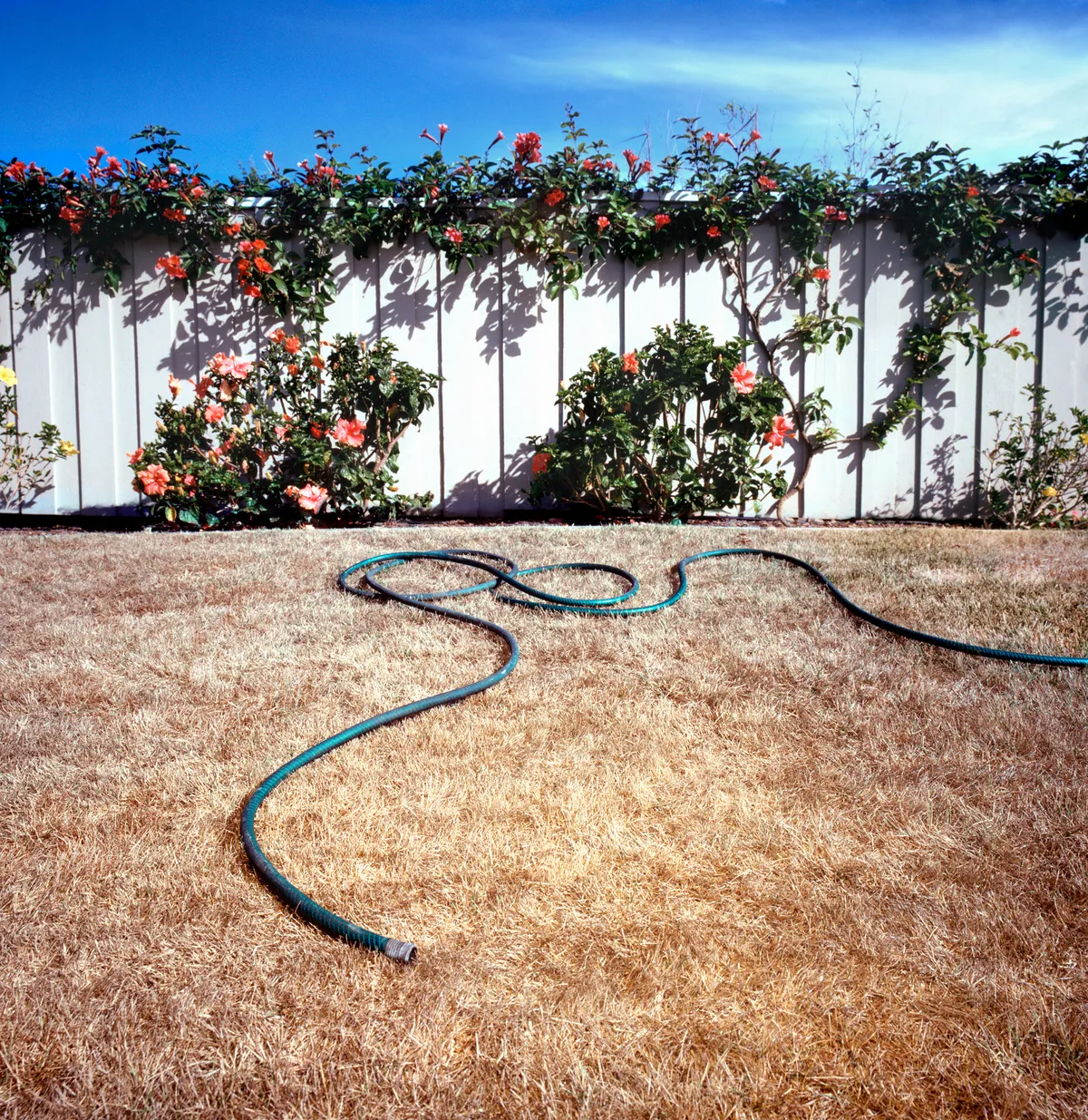
When the going gets hot, it's tempting to get the hose out to water the lawn. But are there easier ways to maintain a healthy lawn without wasting precious water resources?/Credit: Getty
Let the grass grow
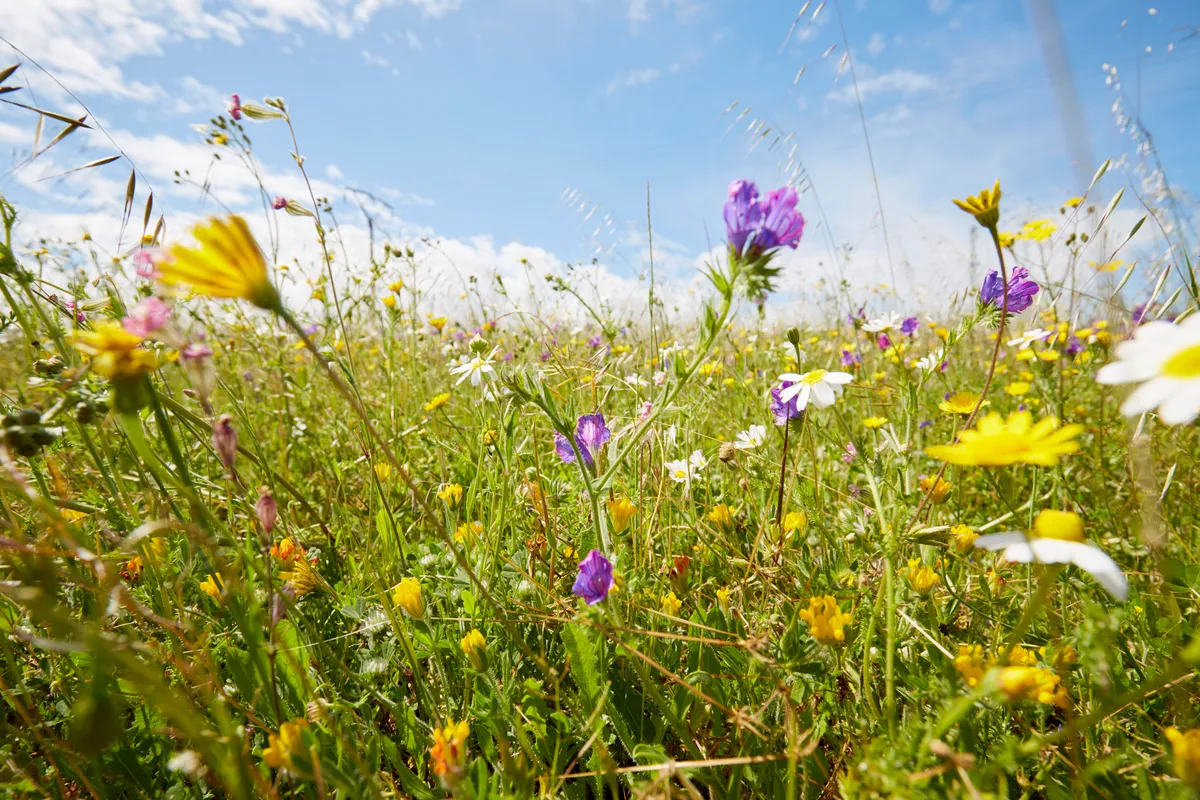
It may seem radical but the very best thing you can do for the health of your lawn and wider garden is to reduce how often you mow it. Longer grass shades the soil and holds more moisture so will resist drying out.
In recent years, a growing number of people are letting their lawns go wild – especially during No Mow May. The idea is that you encourage a wider number species of grass and wildflowers, which in turn attract and support a host of insects and other wildlife. This mini meadow can be a thing of wild beauty but is also a wonderful haven for beneficial pollinators and pest predators such as frogs, toads, blackbirds and beetles. Enjoy the exuberance of nature!
Want to make your garden more wildlife-friendly? See our guide on how to make your garden wildlife-friendly, the best summer plants for pollinators or see how to help wildlife during a summer heatwave.
Reduce mowing
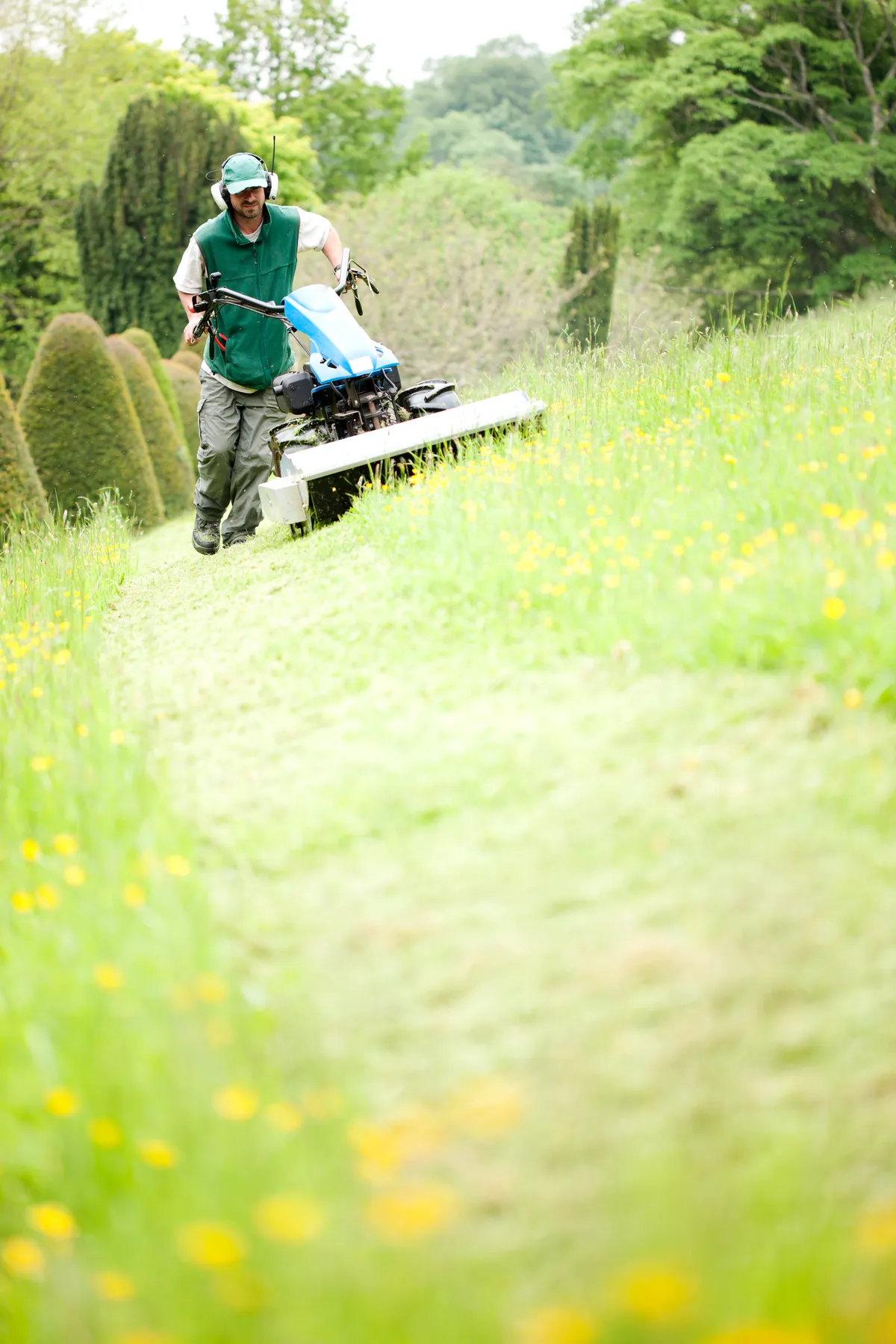
If you can’t bear the idea of leaving the grass unmown, then at least raise the blades on your mower so that the grass is longer, bare earth is hidden and the whole area does not dry out so quickly. Or perhaps just mow part of the lawn for regular use (picnics, play areas etc) and leave fringes longer to create a more resilient turf overall.
Aerate the soil
In hot weather, the soil will dry out and compact so, if there is any rain, it may not soak into the soil. So, using a fork or purpose built aerator, spike the lawn to allow any precipitation down to the root zone.
Don't remove grass clippings immediately
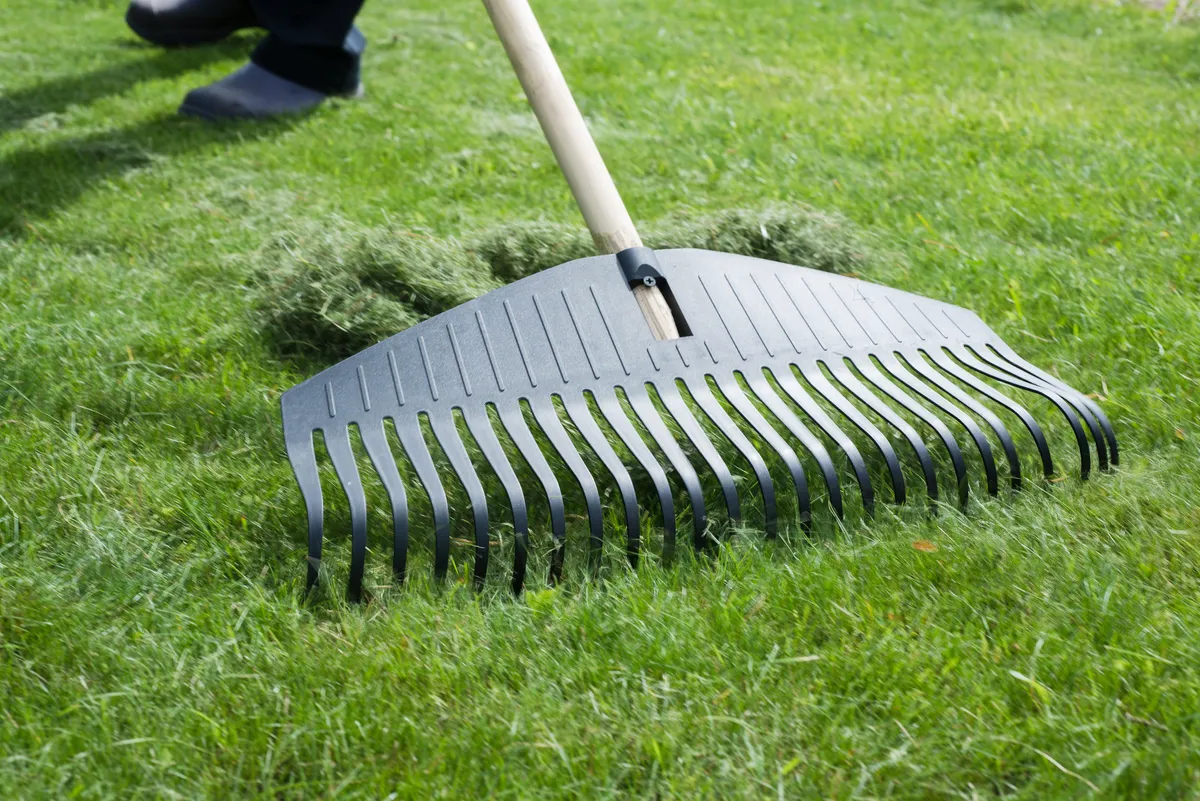
If you are mowing, try not to remove the clippings. This can form a useful moisture-retaining mulch across the lawn and protect it from the very worst of the heat. When the rain comes, you can easily rake off the mulch if you want to.
Shade your grass
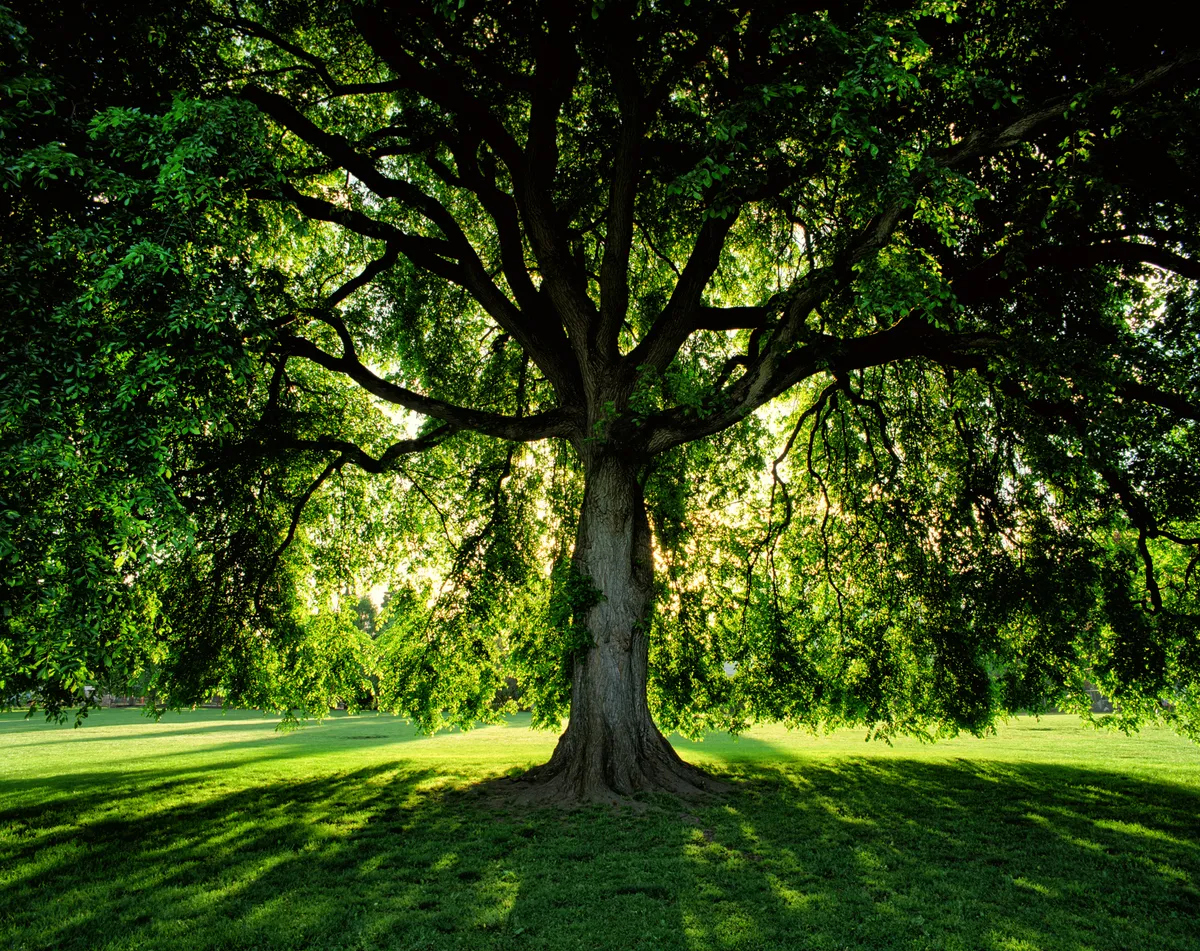
Trees are the very best natural air-conditioners to be found. A few dotted around the lawn will create useful shade. In emergencies, move garden furniture to create patches of shade and reduce the impact of the sun, especially its most intense periods between 11am-4pm.
Water wisely
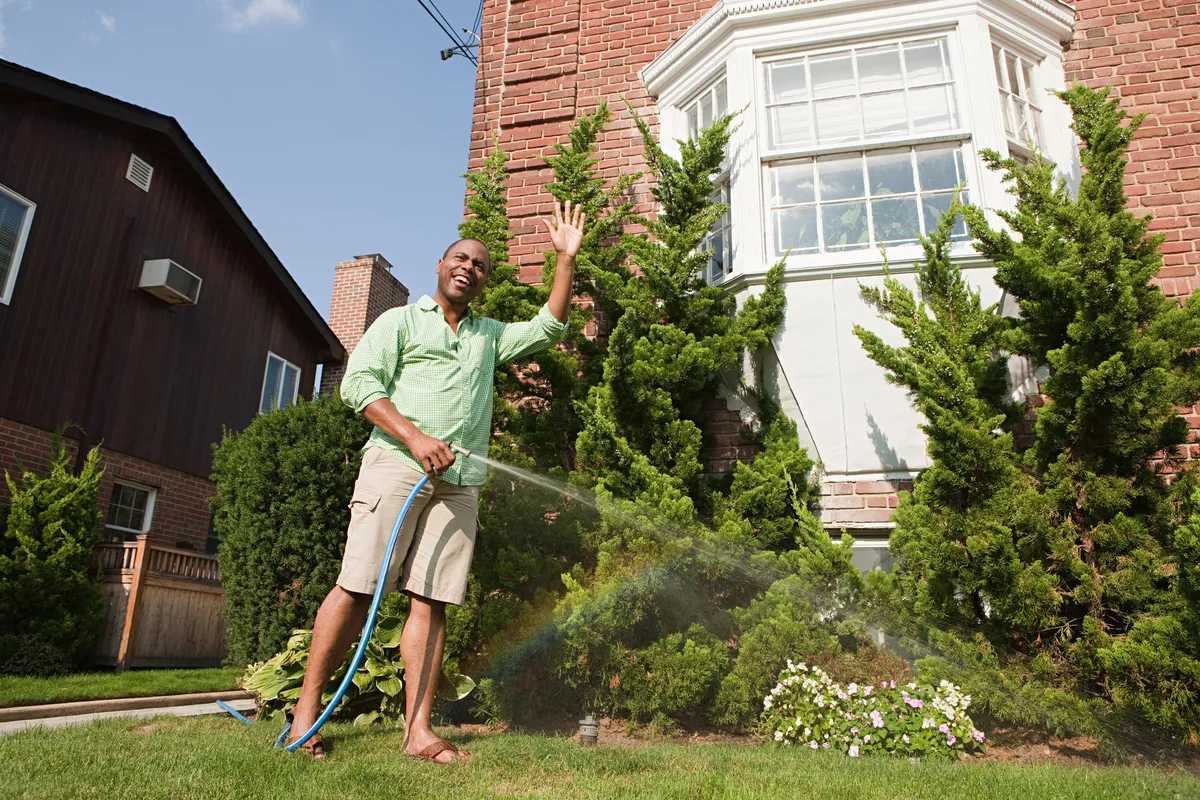
There is some debate about whether you should use tap water to revive a lawn. The grass will revive when the rain comes but for many, the unsightly brown/scorched ground will be intolerable. So if you must water, water at night so it does not evaporate quickly. Lawn experts recommend watering infrequently but deeply so the roots get a good soak. A quick splash of water may revive the grass but it won’t penetrate and so the roots will become shallow in order to cope.
Don’t turn grass over to plastic
For many, the battle to maintain a perfect green square is often dispiriting and it may be tempting to rip up the grass and lay artificial turf. While this might save some time, some plastic lawns can reach extreme temperatures in hot weather and may become unusable. The effect on wildlife is devastating and the entire grassland ecosystem will be destroyed.
